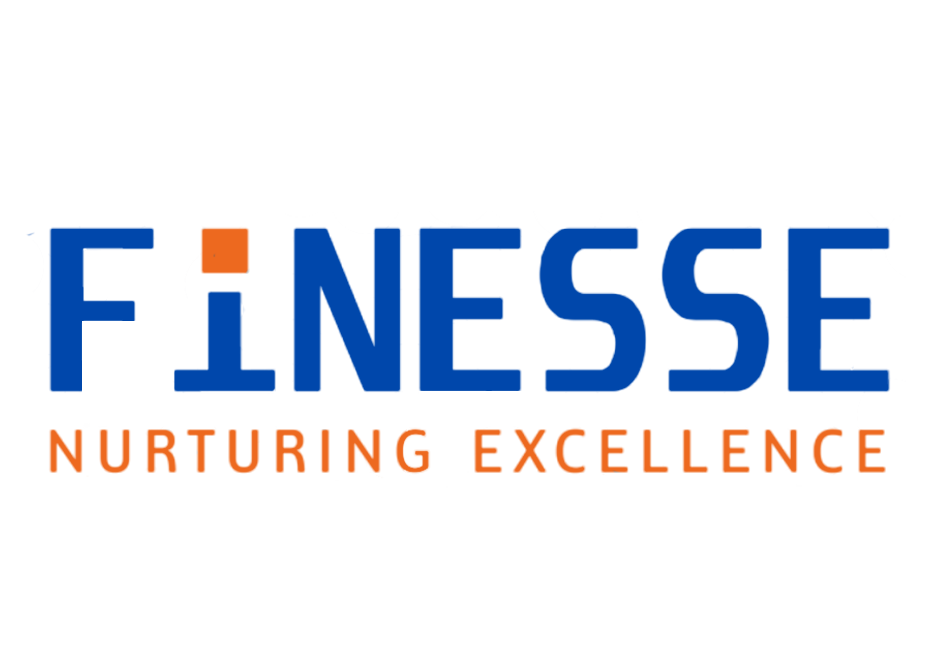Soft Skills, often called as “People Skills”, include attributes like Emotional Intelligence, Communication, Adaptability, Influence, Strategic Thinking, and Empathy. They are like the oil in a machine, while hard skills keep the gears turning, it is soft skills which reduce friction, ensure smooth operation, and prevent breakdowns in communication or collaboration. They are like the consumables in the factory.
Developing soft skills remains one of the hardest challenges for professionals. They are nuanced, context-driven, and require self-awareness and consistency. Identifying specific areas for improvement is often like searching for the missing piece of a puzzle, you know it is there, but it takes focus and time to find it.
Let me illustrate this with a sample based on a specific coaching conversation I had with my client. I have the permission of my client to share this example without compromising confidentiality.
Background: My client, an experienced executive, approached me after receiving feedback that, while they were great at delivering results, their relationships across teams needed improvement. They felt “stuck” in the situation and did not know how to proceed forward.
Here is the broad direction of our conversation – since the actual coaching conversations run differently.
Me (Coach): Thanks for taking the time to meet today. Let us start with what is on your mind.
(Client): I have been getting feedback that I need to work on building relationships across teams. My manager says it is important for collaboration and influence, but I am not sure how to approach this.
Me: What does “Building Relationships” mean to you?
Client: I think it is about getting people to like you or… convincing them to follow your ideas. I do not believe in playing nice. I focus on delivering results, and I think that should speak for itself.
Me: That is an interesting perspective. Let me ask you, when you think about the moments when collaboration has felt difficult, what do you notice about those situations?
Client: (Pauses) I guess people sometimes hesitate to share ideas with me. They do not seem fully committed when we are working on something.
Me: What do you think might be causing that?
Client: I come across as too focused on outcomes. I interact with people only when it is work-related.
Me: That is a valuable observation. If you were observing yourself in one of those moments, what would you notice about your approach?
Client: I would probably see myself jumping straight to the solution or telling people what we need to do next, without really stopping to hear them out.
Me: Got it. Let us flip the perspective for a moment. Think about a leader you have worked with who made you feel valued and included. What did they do differently?
Client: They listened. They would ask for my input and take the time to understand where I was coming from. It would make me feel like my opinion mattered to them.
Me: What is one small thing you could do in your next meeting to create that kind of experience for your team?
Client: I could start by asking for input before sharing my ideas like “What is everyone’s perspective on this issue?”
Me: Great idea. It sounds like a simple but effective shift. What do you think this might change at your workplace?
Client: I think people might feel more comfortable sharing their thoughts. And that could make them more willing to support my ideas too.
By the end of our conversation, my client had identified a clear starting point: Pausing to seek input before diving into solutions. This may seem like a small change, but it can have a good impact on building trust and collaboration.
What could be the Action Plan:
- Introspection: Begin by reflecting on your current behaviour in specific situations and consider how your actions might be perceived by others.
- Identify a Starting Point: Focus on one small, specific action you can take to improve.
For example:
- Asking for input in meetings.
- Acknowledging others’ contributions.
- Pausing to listen before responding.
- Practice and Adjust: Implement the change consistently in your day-to-day interactions. Pay attention to the responses you receive, and adjust as needed.
- Seek Feedback: Ask colleagues or mentors for their perspectives on how you are evolving by being open to criticism.
- Commit to the Journey: Soft skill development is a continuous process like shaping pottery, it requires patience, effort, and refinement over time.
In a World where collaboration and adaptability are key, Soft Skills are essential for success. Embracing introspection, focusing on small, actionable steps, and committing to that, can make you master the art of influence.



